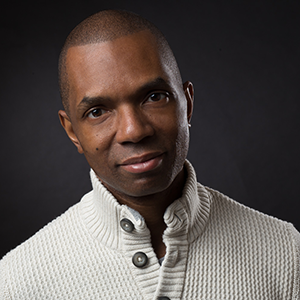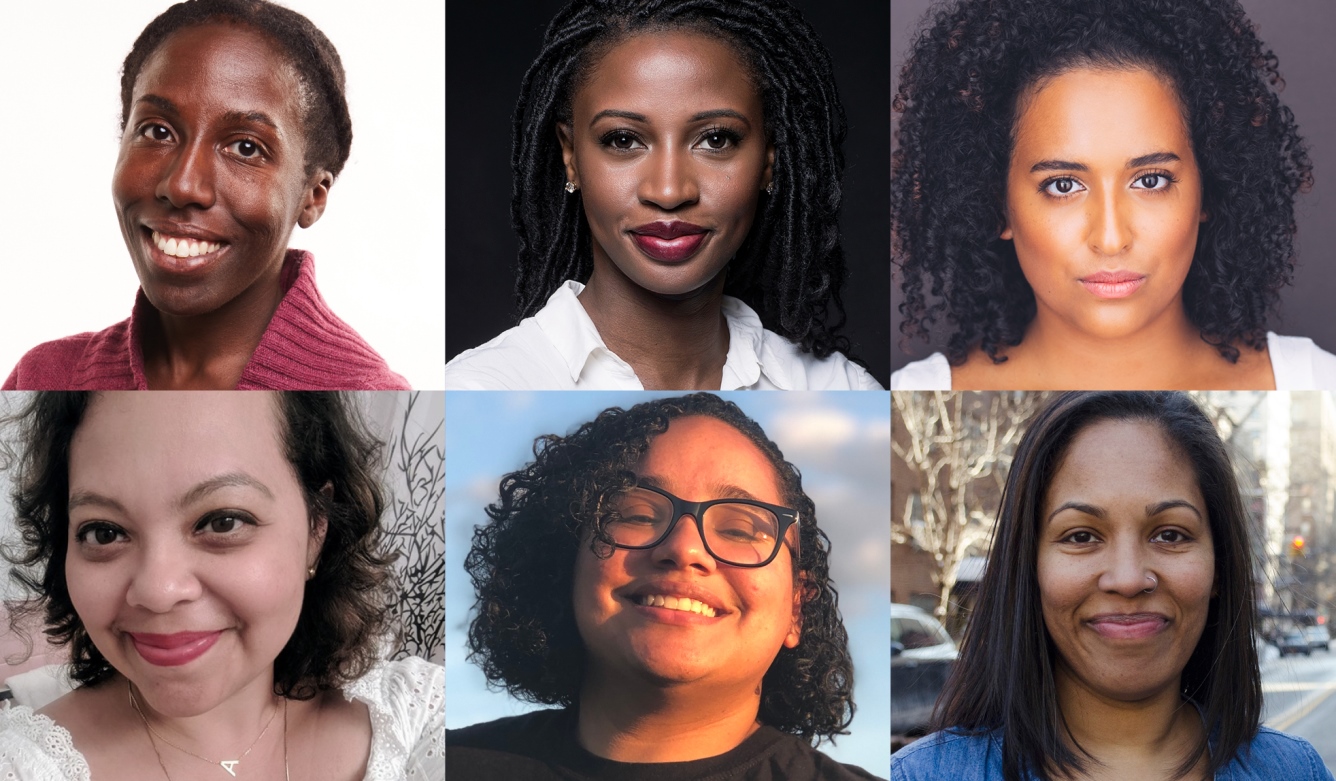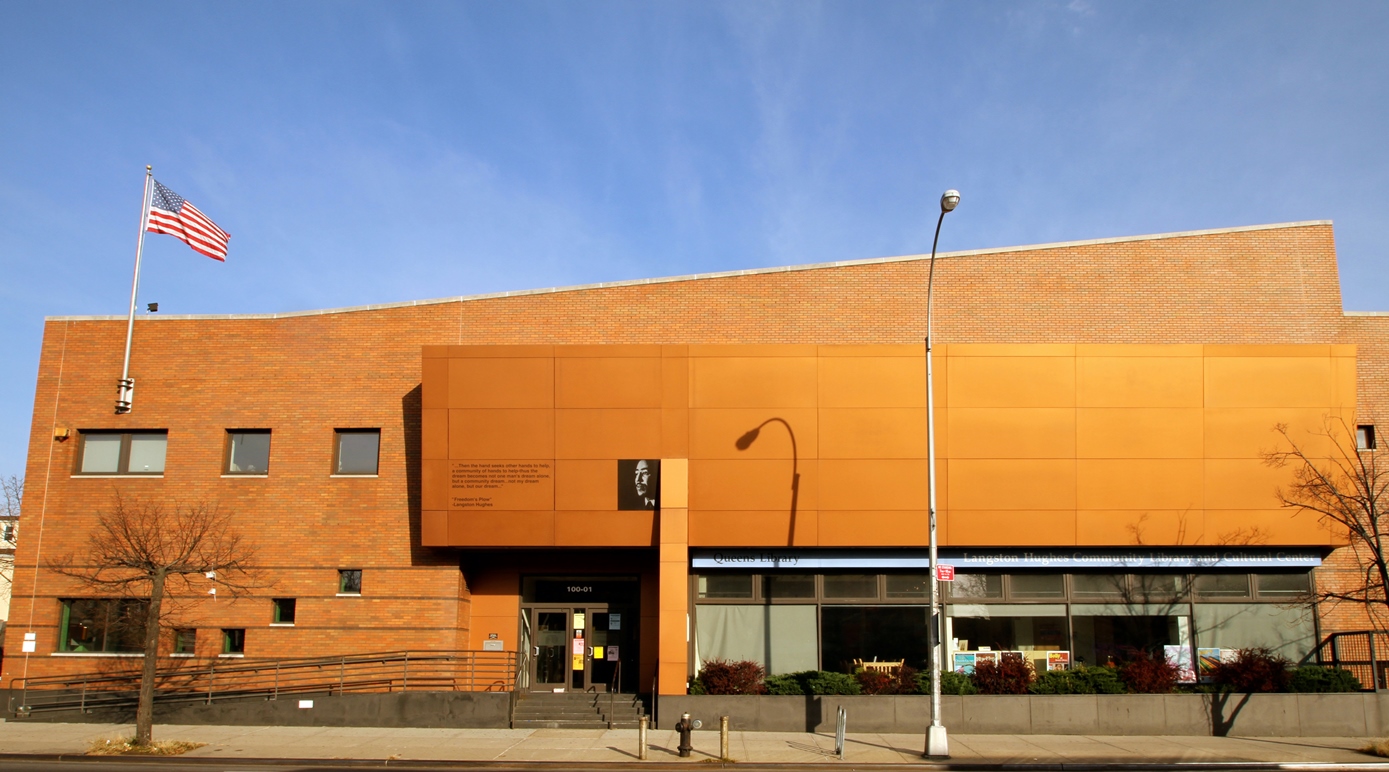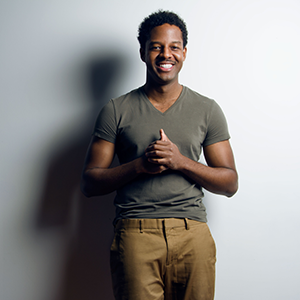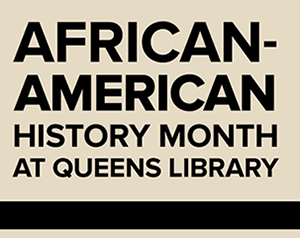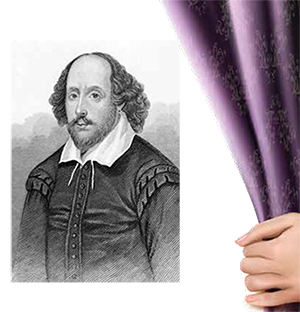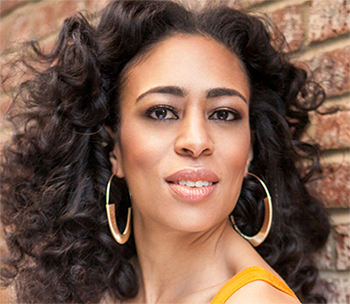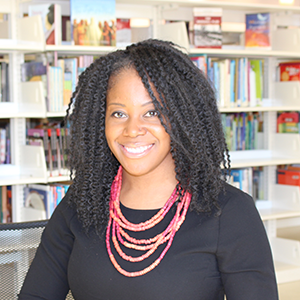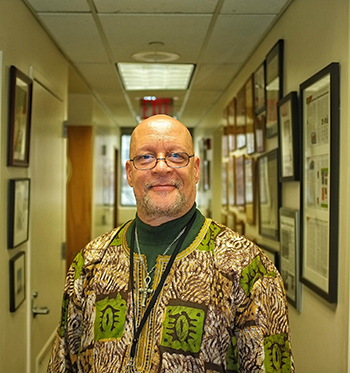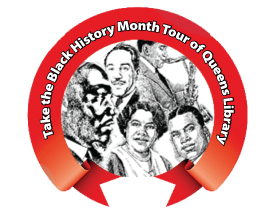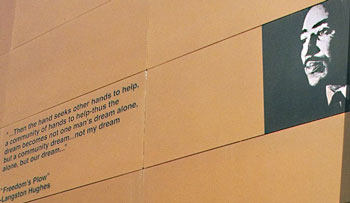In honor of African-American History Month, Queens Library’s Culture Connection will host four special events at Central Library in Jamaica showcasing the diverse role of music in the African-American experience.
As part of this series, we’re pleased to welcome Joe Okonkwo to Central on Saturday, February 4 for a discussion of his debut novel, Jazz Moon, which The Danish Girl author David Ebershoff calls "a passionate, alive, and original novel about love, race, and jazz in 1920s Harlem and Paris—a moving story of traveling far to find oneself." Joe has also selected songs from the Harlem Renaissance that award-winning pianist Hila Kulik will bring to life during the program, and guest vocalist Candice Hoyes will perform jazz standards from the era as well.
Joe Okonkwo is a Pushcart Prize nominee who has had stories published in a variety of print and online venues, including Promethean, Penumbra Literary Magazine, Chelsea Station, Shotgun Honey, and Best Gay Stories 2015. In addition to his writing career, he is the Prose Editor for the Queens journal Newtown Literary and Editor of Best Gay Stories 2017. Joe has worked in theater as an actor, stage manager, director, playwright, and youth theater instructor. He earned a BA in Theater from the University of Houston, and an MFA in Creative Writing from City College of New York. He is also a proud resident of Queens.
Joe was kind enough to answer some questions for us before his upcoming author event.
What role have libraries played in your life?
Two of my significant early life experiences happened in libraries. The first was discovering D'Aulaires' Book of Greek Myths in the sixth grade. I was fascinated by the stories, really loved them. But my classmates told me the book was stupid and that I was stupid for reading it. That was the first time that I realized that people are often frightened of anything outside the realm of their own experience or comfort zone. The second was finding James Baldwin's Another Country in my high school library. I had heard about it and knew it dealt with gay relationships and interracial relationships and was excited to find it in my strict, all-boys, Jesuit high school library. It was the first gay book I ever read. I wasn't "out" yet. This was the eighties—before Will and Grace, before the words "marriage" and "equality" were used in the same sentence. The characters became my friends for the duration of the read and I was depressed when I finished the book.
Why did you choose 1920s Harlem and Paris, and the Harlem Renaissance, as the setting for your debut novel?
If I could go back in time to any era, it would be the Harlem Renaissance. Such a rich period culturally, artistically, politically. It was the first time that people realized that black was beautiful—and marketable. Blacks made strides in music, theater, the visual arts, literature. The political activism of the Harlem Renaissance laid the groundwork for the modern Civil Rights Movement of the fifties and sixties. But I'm careful not to romanticize the era. It was also a time of extreme difficulty for blacks because of poverty, Jim Crow, lynchings, and pervasive racial discrimination. Still, it was a time of great progress and the Harlem Renaissance gave us cultural riches like the poetry of Langston Hughes, the earthy blues of Bessie Smith, and the vibrant paintings of Archibald Motley and Lois Mailou Jones.
What can our customers expect at your author event on February 4? How did you choose Hila Kulik and Candice Hoyes to join you for this program?
Expect an afternoon of good literature that (hopefully) transports you back to a great historical era, insightful discussion about the Harlem Renaissance, and a sampling of the fantastic music of that period! Hila and Candice were suggested to me and I'm excited and grateful they agreed to join this event.
You’ve selected songs from the Harlem Renaissance to accompany your author event, and even included a Jazz Moon playlist on your website. What are your thoughts on the role of music in the African-American experience, and in the lives of queer people as well?
That's a huge question that I don't think I can totally answer here. But I guess that any culture—and particularly any culture that faces extreme bigotry—uses art as expression and escape. And the more challenging the bigotry and its effects, the deeper those artists go in order to create those vehicles for expression and escape.
You’re the Prose Editor for Newtown Literary, a journal featuring work by Queens-based writers. Can you talk more about the Newtown Literary Alliance and how it supports the literary arts in Queens?
We only publish writers who live in Queens or have a very strong Queens connection. So often Manhattan gets all the credit for everything, and the "outer boroughs" get short shrift. Newtown Literary aims to regain some balance. We publish poetry, fiction, and nonfiction. We're not overly concerned about genre—we just want to see good writing. We're also active in the community. We host a weekend-long event called Queens Writes. It's held at various locations around the borough where participants are inspired to come and write for a few hours in a community setting. We also host a series of free creative writing classes at Queens Library for people of all writing levels. I'll be teaching one in May.
What other books in addition to Jazz Moon would you recommend to people who want to learn more about the Harlem Renaissance?
When Harlem Was in Vogue by David Levering Lewis is a fantastic book. It’s basically a comprehensive history of the Harlem Renaissance, with lots of info on the major players: W.E.B. DuBois, Charles Spurgeon Johnson, Jessie Fauset, Zora Neale Hurston, Alain Locke. Also The Harlem Renaissance: Hub of African American Culture 1920-1930 by Steven Watson, which gives a lot of props to the gay elements of the movement. And biographies of Harlem Renaissance movers and shakers are informative and enjoyable: I've read bios of Bessie Smith, Ethel Waters, Langston Hughes, Adelaide Hall, and Josephine Baker.
What are some of your favorite books and who are your favorite authors?
Favorite books: Frankenstein, Another Country, The Grapes of Wrath, and The Weary Blues, which was Langston Hughes' first poetry collection. I recently read Invisible Man by Ralph Ellison and it's like nothing I've ever encountered before. It may take a few years to fully absorb it. I'm currently reading Wolf Hall by Hilary Mantel. Her sharp style and sparkling dialogue are blowing me away. And I adore almost everything by Toni Morrison.

